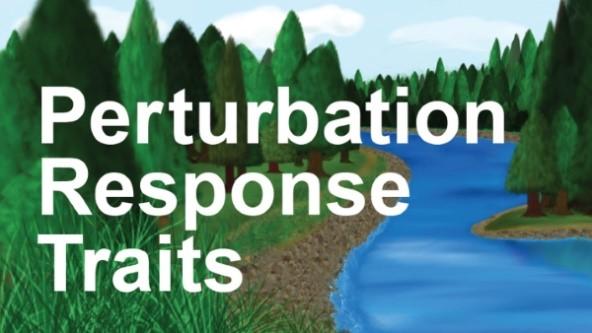WHONDRS Perturbation Response Traits

Perturbation Response Traits (PRT) is a multi-phase project aiming to transform our ability to understand and predict how the influences of biogeochemical hot spots and hot moments on surface/subsurface systems are altered by perturbation. New theories and models are being developed across a broad range of watersheds to ultimately inform next-generation Earth system models and help preserve long-term national clean water security.
The project is in its first year, with two primary phases:
- Phase 1 (March–August 2020): Collaborators around the United States deployed temperature sensors in their river corridor systems to allow for inference of sediment inundation history for Phase 2. Sensors were deployed on the sediment surface of a riverbed variably inundated zone, always inundated zone, and never inundated zone.
- Phase 2 (August–October 2020): Collaborators from 53 sites around the United States collected surface sediments from the riverbed variably inundated zone that was targeted during Phase 1.
Spatial coverage
Click on the upper left corner of the map for options to turn on and off campaign-specific sampling sites.
Data types
Time series temperature from deployed sensors to infer:
- inundation dynamics
- hydrographs (USGS and others)
- grain size
- mineralogy (EMSL)
- bulk C and N (EMSL)
- metabolomics by NMR (EMSL)
- FTICR-MS (EMSL)
- LC-MS (EMSL)
- GC-MS (EMSL), and
- expressed microbial metabolism by metatranscriptomics (EMSL).
Ideas for science questions to explore with the data
- To what degree are meta-metabolomes governed by stochastic vs. deterministic processes?
- Which aspects of organic matter chemistry show spatial structure at regional to continental scales?
- Are there systematic connections between microbial gene expression and organic matter chemistry?
Data access
Data for this study are currently being collected and will be made available as soon as possible.
Funding
Funding for this project is provided by the U.S. Department of Energy's Early Career Research Program.